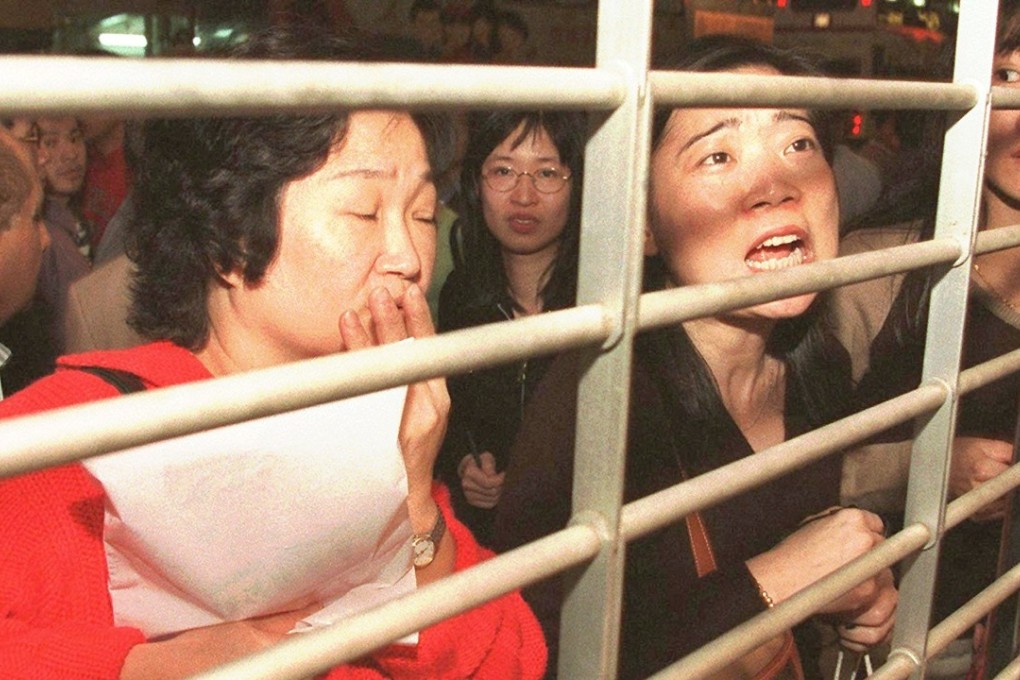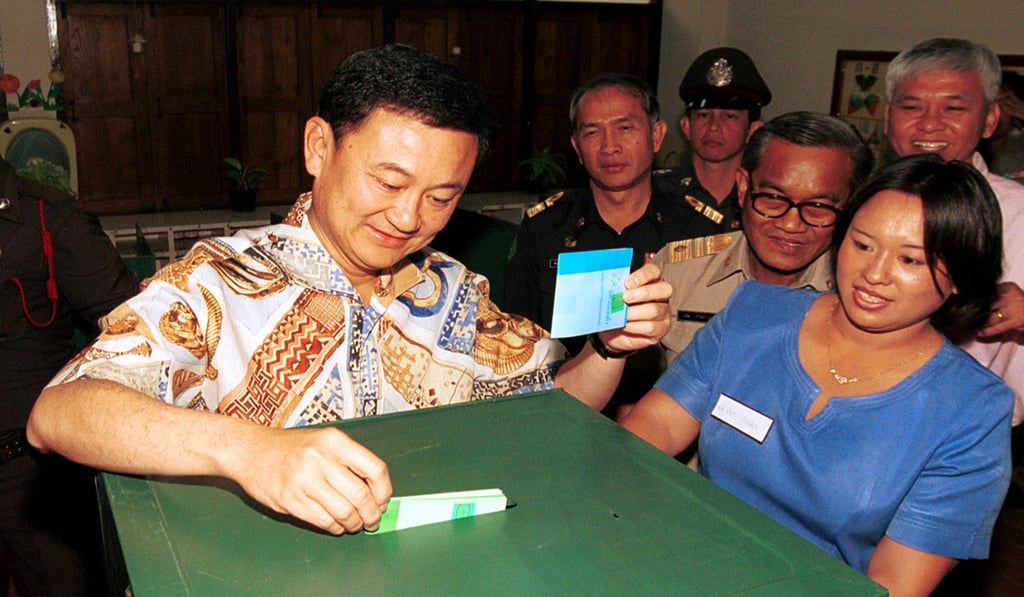How Hong Kong handover blinded media to story of the decade
As the cream of the world’s foreign correspondents concentrated on topics like the fate of the last British policemen and the Happy Valley cemetery, a far more consequential event was about to upend the entire region

Exactly two decades ago, at the beginning of July, 1997, Asia was shaken by a seismic event that upended the established order and sent ripple effects still reverberating across the region even today.
No, I am not talking about Hong Kong’s handover to China; by comparison, that was largely a non-event, carefully planned and entirely scripted. I am speaking of the unplanned and unexpected shock that was far more consequential to millions of people – the Asian economic crisis that began on July 2, 1997.
The financial meltdown lasted more than three years, roiled the regions’ politics, collapsed living standards and overturned a generation’s worth of growth. Twenty years later, its impact continues to be felt.
Umbrellas now and then: 20 years since Hong Kong handover, have things really changed?
In Indonesia, President Suharto’s 30-year-long “New Order” regime was overthrown, the long-time dictatorship was replaced with a boisterous democracy; East Timor broke away and became an independent country. In Malaysia, the crisis led to a split in the ruling United Malays National Organisation (UMNO) party with the sacking of the deputy prime minister and finance minister, Anwar Ibrahim, and the start of the reformasi (reform) opposition movement. In Bangkok, Thais took to the streets demanding a new “people’s constitution” that paved the way for the 2001 landslide victory by tycoon Thaksin Shinawatra and his “red shirt” loyalists. Thaksin’s controversial tenure, and his eventual overthrow by the military, form the main fault line in Thai society today.

Hong Kong also faced a speculative attack on its currency. But the monetary authority, sitting on a massive pile of reserve cash, spent more than US$1 billion to support the US dollar peg. When the speculators turned to the stock market, Hong Kong officials reacted swiftly, buying up shares of targeted companies. When the government eventually sold its shares two years later, it turned a tidy profit. Donald Tsang, the finance chief, was hailed as a hero. Many Southeast Asian countries saw how easily Hong Kong, with its US$80 billion in foreign exchange reserves, beat back the currency speculators, and they resolved to build up their own cash reserve stockpiles. The result is a huge official savings level in Asia today, while the US piles up large deficits.
Hong Kong handover: what we got right (and wrong) in predictions for 2017
Some economists trace a direct line from the 1997 crisis in Asia to the 2008 financial collapse that began in the US and spread across most of the world. One side effect was that as Asian countries began building up huge foreign exchange reserves, they began to stockpile US Treasury Securities. That led to over-borrowing in the US and the low interest rates that contributed to the 2008 financial crisis.
